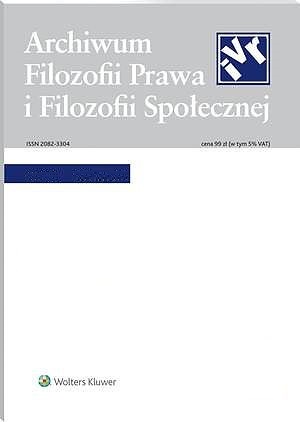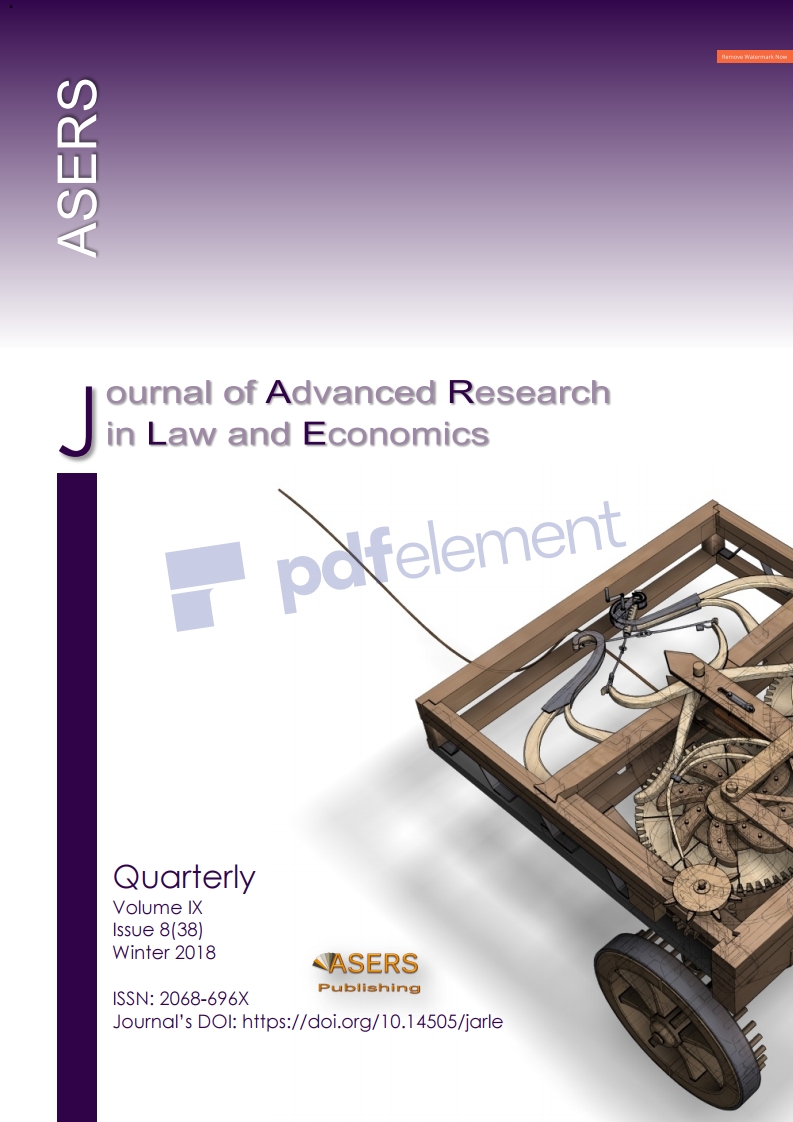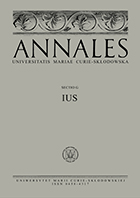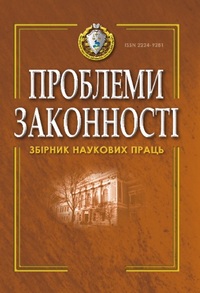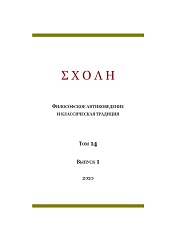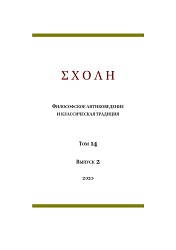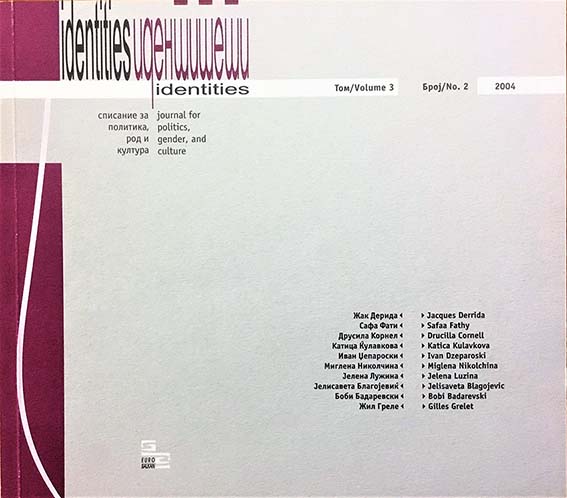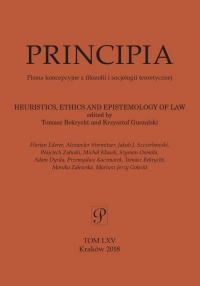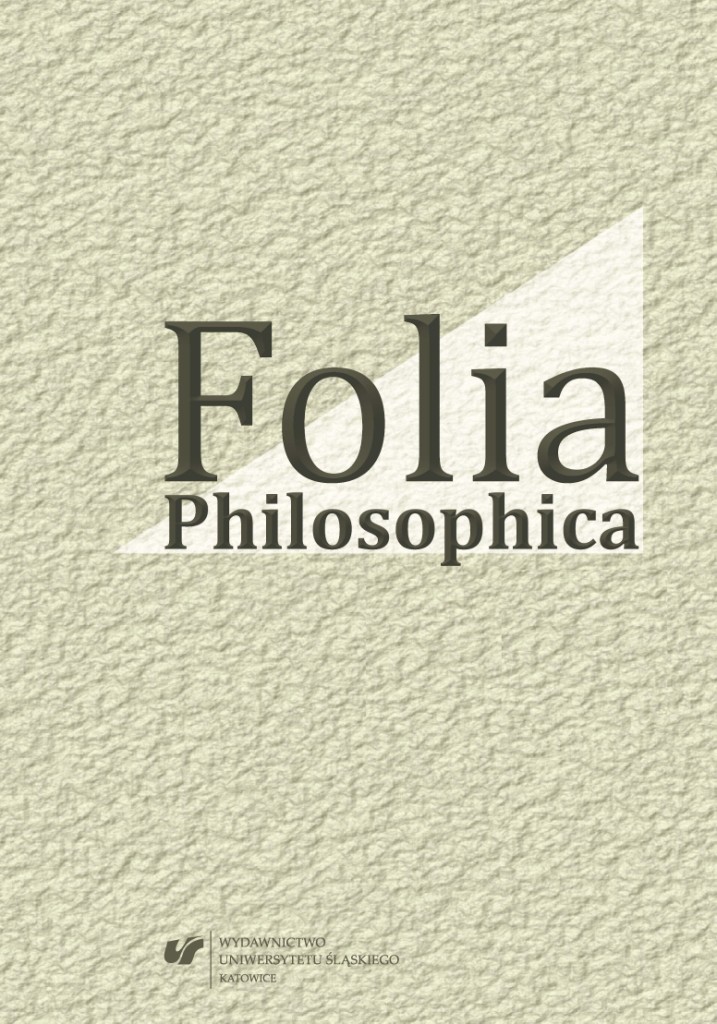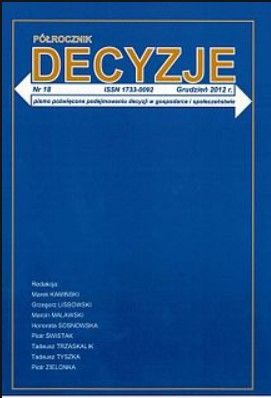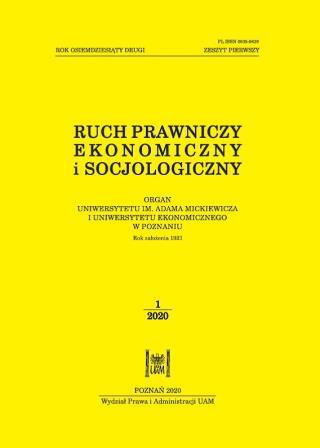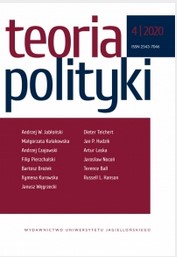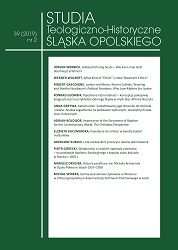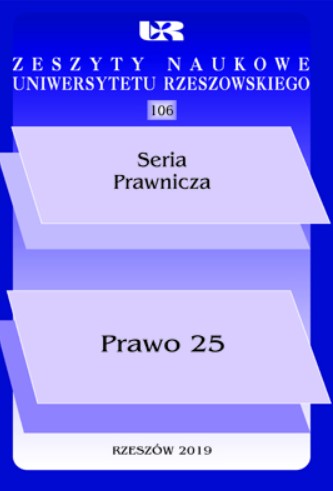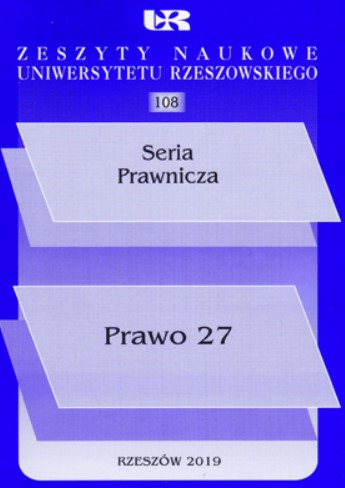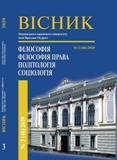Author(s): Yuliia Vasylivna Meliakova,Svitlana Borysivna Zhdanenko / Language(s): Russian
Issue: 3/2020
Problem setting. A person of post-humanist culture appears as a pragmatic, rational, unsentimental consumer of the market of digital goods and services, access to which guarantees him full socialization and realization of a wide range of natural rights, freedoms and opportunities.Recent research and publications analysis. The trans-humanistic model of human evolution with its current system of values, rights, freedoms and norms is very popular in the modern scientific space and requires further theoretical reflection and development. Futurological forecasts of the social, physiological and moral formation of man are given today by many popular foreign theorists, including N. Bostrom, D. Pearce, J. Habermas, R. Kurzweil, as well as Ukrainian and Russian scientists, in particular V. Lobanov, A. Goryachkovskaya, O. Polyakova, O. Popova and others.Paper objective. The purpose of the article is to actualize the problem of natural rights and moral values of a person in the horizon of the philosophy of trans-humanism.Paper main body. The paper actualizes the problem of moral values in the horizon of the philosophy of trans-humanism, gives an ethical assessment of the concept of a transhuman and his freedoms. The category «freedom» in the era of metamodern gets rid of its lofty, spiritual, transcendental forms and returns to its natural and primitive incarnations, meaning the infinity of bodily pleasures and cognitive possibilities.The corporeity effect as an autonomous feeling consciousness, as well as a person’s virtual freedom, makes it possible to speak of the emergence of a specific area of the economy of «cloudy» reality, where completely materialistic categories appear. This indicates the general commercialization of the ideal sphere, the objectification of the human body and the pragmatization of consciousness, which represents a serious ethical problem. Against the backdrop of such trends, the issue of the limits and nature of individual freedom becomes relevant. The digital communicative space locks a person within the framework of conditional «freedom», depriving the need, and sometimes the real possibility, of interpersonal living contact. In this state, physical pleasure and enjoyment become the best way to realize a person’s personal freedom. They are guaranteed by a trans-humanistic perspective.Critics of trans-humanism observe one of the tendencies of the trans-humanistic project - the gradual loss of a person’s identity, this comes after the separation of consciousness from the body and the formation of virtual corporeity. Anthropological development from generation to generation determines more and more new needs and capabilities of man, and also expands the catalog of his rights and limits of freedom. The postman has a completely new outlook on the relationship between dialogue and communication, sign and body, existence and presence, life and reality. The modernity and especially the future offer completely new priorities, needs and ways of human existence in the world.Conclusions of the research. Thus, trans-humanism sees human evolutionary onesidedly. Spiritual, moral, intimate is sacrificed to the cognitive, rational, useful, individual. At the same time, the prospect of the transformation and transition of humanity to a new quality is considered as the most probable way of development of the majority of the active and educated population.
More...


